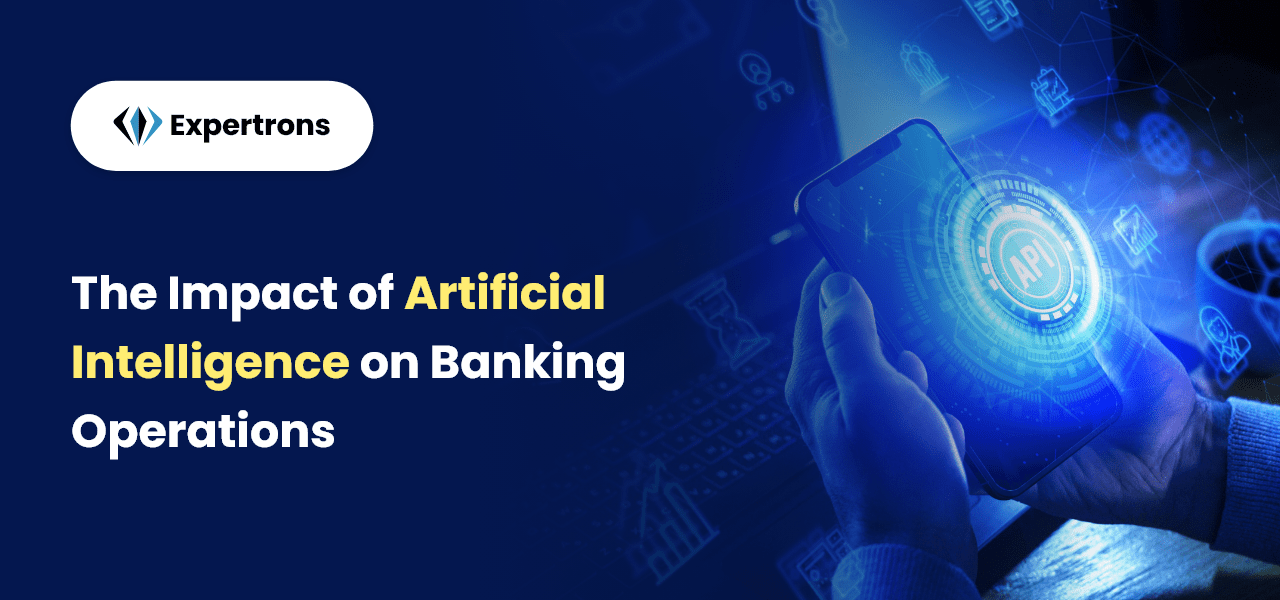Introduction
Artificial intelligence (AI) is reshaping the landscape of the banking industry, driving innovation, efficiency, and customer-centricity like never before. From personalized customer experiences to enhanced risk management and fraud detection, AI-powered technologies are revolutionizing banking operations in profound ways.
In this comprehensive guide, we’ll delve into the transformative impact of AI on banking operations, explore key use cases and applications, and discuss the opportunities and challenges associated with this technological revolution.
Understanding Artificial Intelligence in Banking
Artificial intelligence refers to the simulation of human intelligence processes by machines, particularly computer systems. In the context of banking, AI encompasses a wide range of technologies and applications, including machine learning, natural language processing (NLP), robotic process automation (RPA), chatbots, and predictive analytics. These AI-powered tools enable banks to analyze vast amounts of data, automate routine tasks, and deliver personalized services to customers in real time.
Key Applications of AI in Banking
Customer Service Enhancement: AI-powered chatbots and virtual assistants enable banks to provide round-the-clock customer support, address inquiries, and resolve issues promptly, enhancing the overall customer experience.
Risk Management and Compliance: AI algorithms can analyze large datasets to identify patterns, detect anomalies, and assess credit risk, helping banks make more informed lending decisions and comply with regulatory requirements.

Fraud Detection and Prevention: AI-driven fraud detection systems leverage advanced algorithms to detect suspicious transactions, unauthorized access attempts, and fraudulent activities in real-time, minimizing financial losses and safeguarding customer assets.
Personalized Financial Advisory: AI-powered recommendation engines analyze customer data and behavior to offer personalized financial advice, product recommendations, and investment strategies tailored to individual preferences and goals.
Process Automation and Efficiency: AI technologies such as robotic process automation (RPA) streamline back-office operations, automate repetitive tasks, and optimize workflows, improving operational efficiency and reducing costs for banks.
Also read, Boost Your Creditworthiness: Expert Tips for Improving Your Credit Score
Conclusion
As the banking industry continues to embrace digital transformation, artificial intelligence emerges as a game-changer, driving innovation, efficiency, and customer-centricity across banking operations. By harnessing the power of AI, banks can deliver personalized experiences, mitigate risks, combat fraud, and streamline processes, ultimately redefining the future of banking in the digital age.
Frequently Asked Questions
AI-powered chatbots and virtual assistants enable banks to offer personalized, round-the-clock customer support, addressing inquiries and resolving issues promptly.
AI algorithms analyze vast datasets to identify patterns, detect anomalies, and assess credit risk, helping banks make more informed lending decisions and comply with regulatory requirements.
Yes, AI-driven fraud detection systems leverage advanced algorithms to detect suspicious transactions, unauthorized access attempts, and fraudulent activities in real-time, minimizing financial losses and safeguarding customer assets.
AI-powered recommendation engines analyze customer data to offer personalized financial advice, product recommendations, and investment strategies tailored to individual preferences and goals.
AI technologies such as robotic process automation (RPA) streamline back-office operations, automate repetitive tasks, and optimize workflows, improving operational efficiency and reducing costs for banks.










